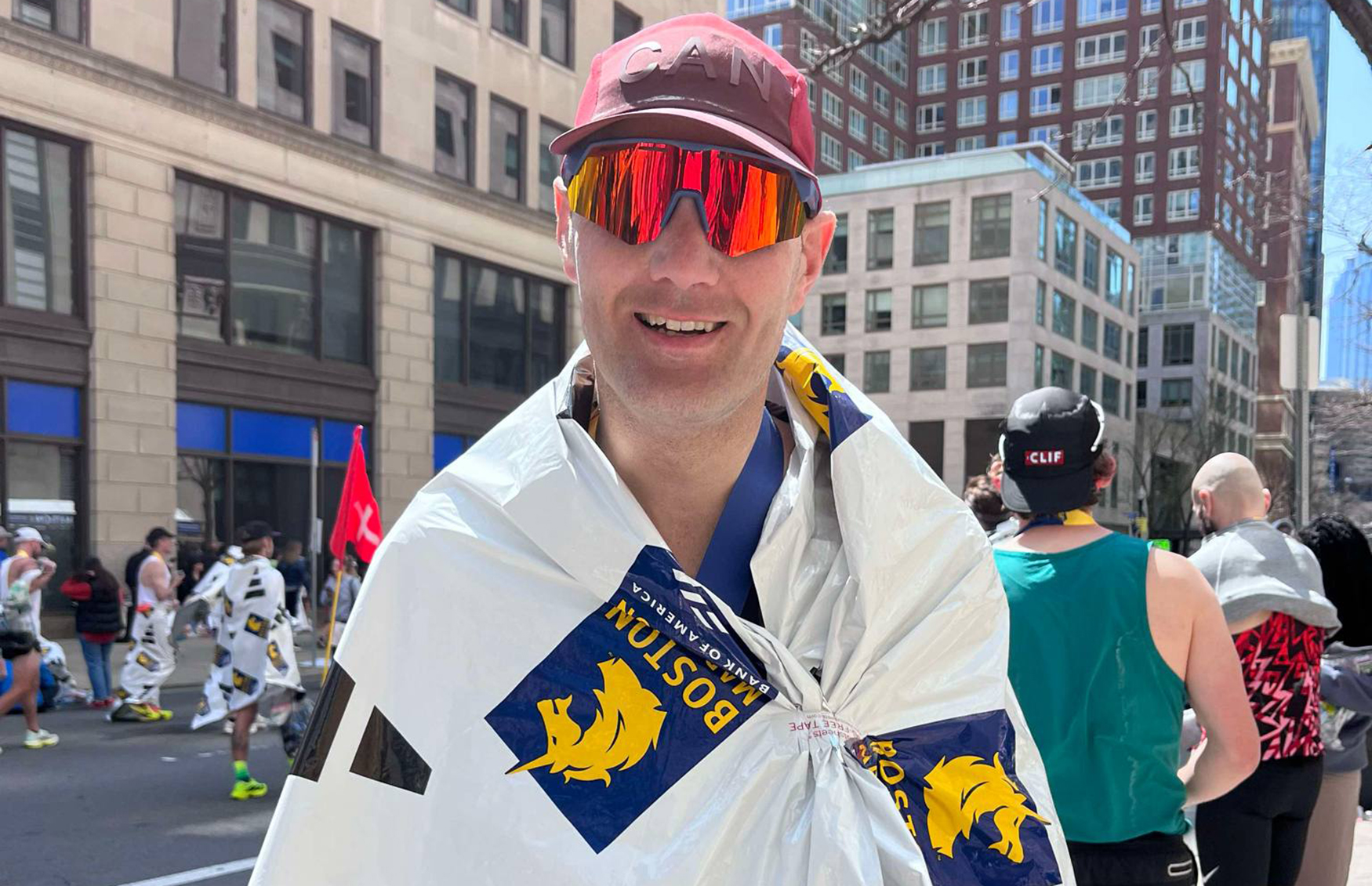Support available in wake of Florida shooting
After the horrific event of the Orlando Florida nightclub shooting, some students may experience a traumatic stress reaction.
If you are a UFV student and feel distress over this event and need support, please visit Student Services in Abbotsford or Chilliwack (locations and contact information). UFV Counselling services are also available to help (locations and times) or call our crisis line at 604-951-8855 or toll free 1-877-820-7444. This service is available 24 hours a day, every day.
If you are a UFV faculty or staff member and need support, our EAP firm is ready to assist you. Please connect with the UFV Human Resources website to access our new EAP provider. Also, the confidential 24-hour crisis line is available at 1-800-784-2433.
There are many common reactions to a traumatic incident, even one that is witnessed via media if it is exceptionally distressing:
• Shock and denial are typical responses to traumatic events, especially shortly after the event. Both shock and denial are normal protective reactions.
• Shock is a sudden and often intense disturbance of your emotional state that may leave you feeling stunned or dazed.
• Denial involves not acknowledging that something very stressful has happened, or not experiencing fully the intensity of the event. You may temporarily feel numb or disconnected from life.
As the initial shock subsides (24 to 72 hours), reactions vary from one person to another. The following, however, are normal responses to a traumatic event:
• Feelings become intense and sometimes are unpredictable. You may become more irritable than usual, and your mood may change back and forth dramatically. You might be especially anxious or nervous, or feel depressed.
• Thoughts and behavior patterns. You might have repeated and vivid memories of the event. These flashbacks may occur for no apparent reason and may lead to physical reactions such as rapid heartbeat or sweating. You may find it difficult to concentrate or make decisions, or become more easily confused. Sleep and eating patterns also may be disrupted.
• Interpersonal relationships often become strained. Greater conflict, such as more frequent arguments with family members and coworkers, is common. On the other hand, you might feel withdrawn and isolated and avoid your usual activities.
• Physical symptoms may accompany the extreme stress. For example, headaches, nausea and chest pain may result and may require medical attention. Pre-existing medical conditions may worsen due to the stress.
(adapted from http://www.apa.org/helpcenter/recovering-disasters.aspx)




